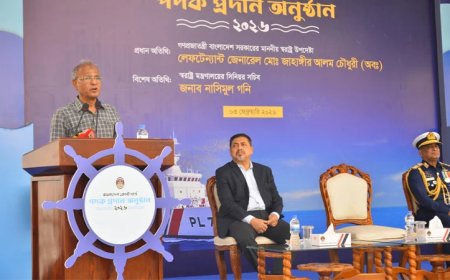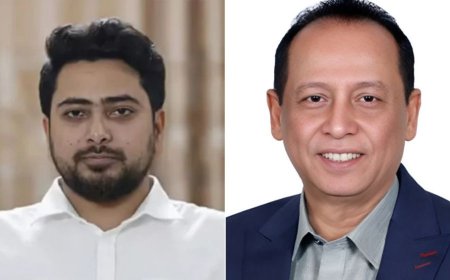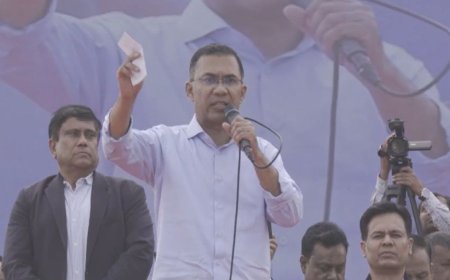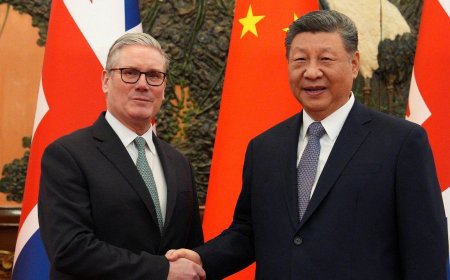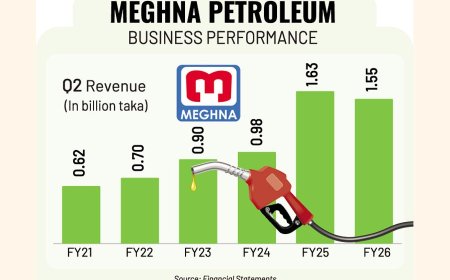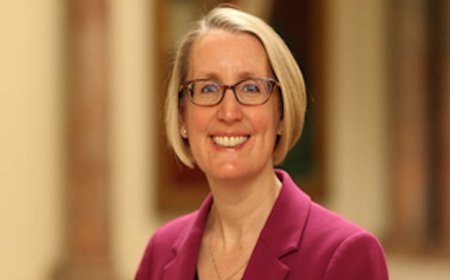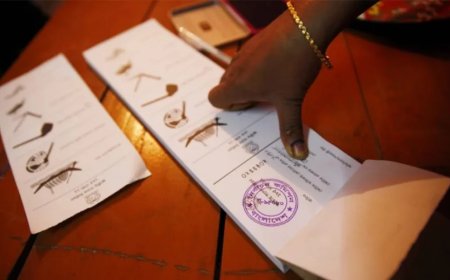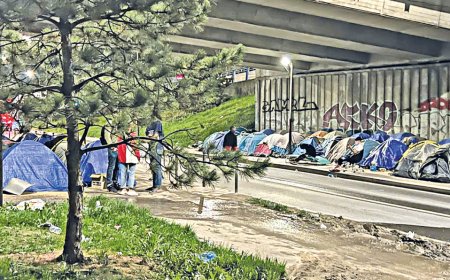Interim Budget: Burdening Citizens, Jeopardizing the Future
Proposed 2025-26 Budget: Austerity Without Accountability, Policies Without Mandate
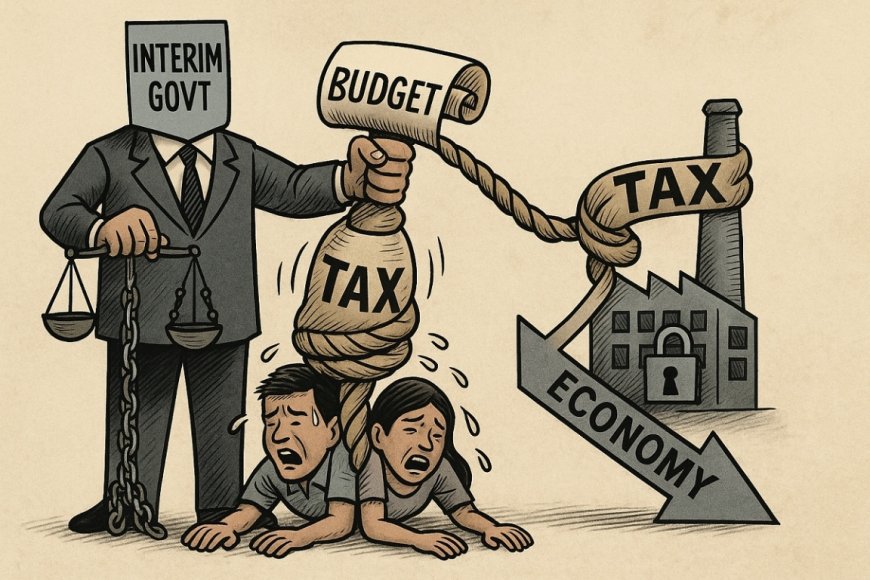
The national budget for FY2025–26, presented by the unelected interim administration, arrives not as a remedy but as a reckoning—tightening constraints on a nation already gasping under economic strain. At a moment when Bangladesh needs bold recovery and inclusive growth, the budget offers instead a restrictive fiscal blueprint that risks stalling progress and deepening public hardship.
While a few welcome measures—such as VAT exemptions on LNG, sanitary products, milk, computer hardware, and some healthcare items—offer glimmers of relief, they are modest gestures overshadowed by sweeping austerity. Incremental support for agriculture and internet services is similarly too narrow to offset the broader pain.
That broader pain is hard to ignore. VAT hikes on essential goods, construction, and daily services threaten to push household costs higher in an already inflation-weary economy. The e-commerce sector, once a beacon of digital potential and youth employment, now faces a threefold increase in VAT on sales commissions—a baffling blow to innovation and entrepreneurship. SMEs, the cornerstone of employment and economic resilience, face longer VAT refund timelines, squeezing cash flows when they can least afford it. Meanwhile, the absence of meaningful corporate tax reform or private sector incentives signals a disconnect from ground realities. Rather than reviving the economy, this budget risks suffocating it.
New compliance requirements, including stricter digital filing and transaction reporting, further strain already overwhelmed businesses. Instead of building trust, these measures resemble punitive oversight with little regard for capacity or context.
But the most troubling issue isn’t economic—it’s political. This budget, vast in scope and deep in consequence, is being implemented by a government without electoral legitimacy. Interim regimes are meant to maintain continuity, not dictate the future. Yet this unelected authority is wielding powers that should belong only to a government with a public mandate.
The result is a budget that lacks vision, accountability, and democratic consent. It raises prices, stifles enterprise, and erodes trust—while offering no credible path to economic renewal. In essence, it taxes the people without representation.
Bangladesh needs more than technocratic plans—it needs democratic legitimacy. Real reform demands a government chosen by the people, not imposed without consent. Until that happens—until free, fair, and inclusive elections restore public trust—the FY2025–26 budget will remain less a plan for progress, and more a cautionary symbol of disconnected governance.
What's Your Reaction?







